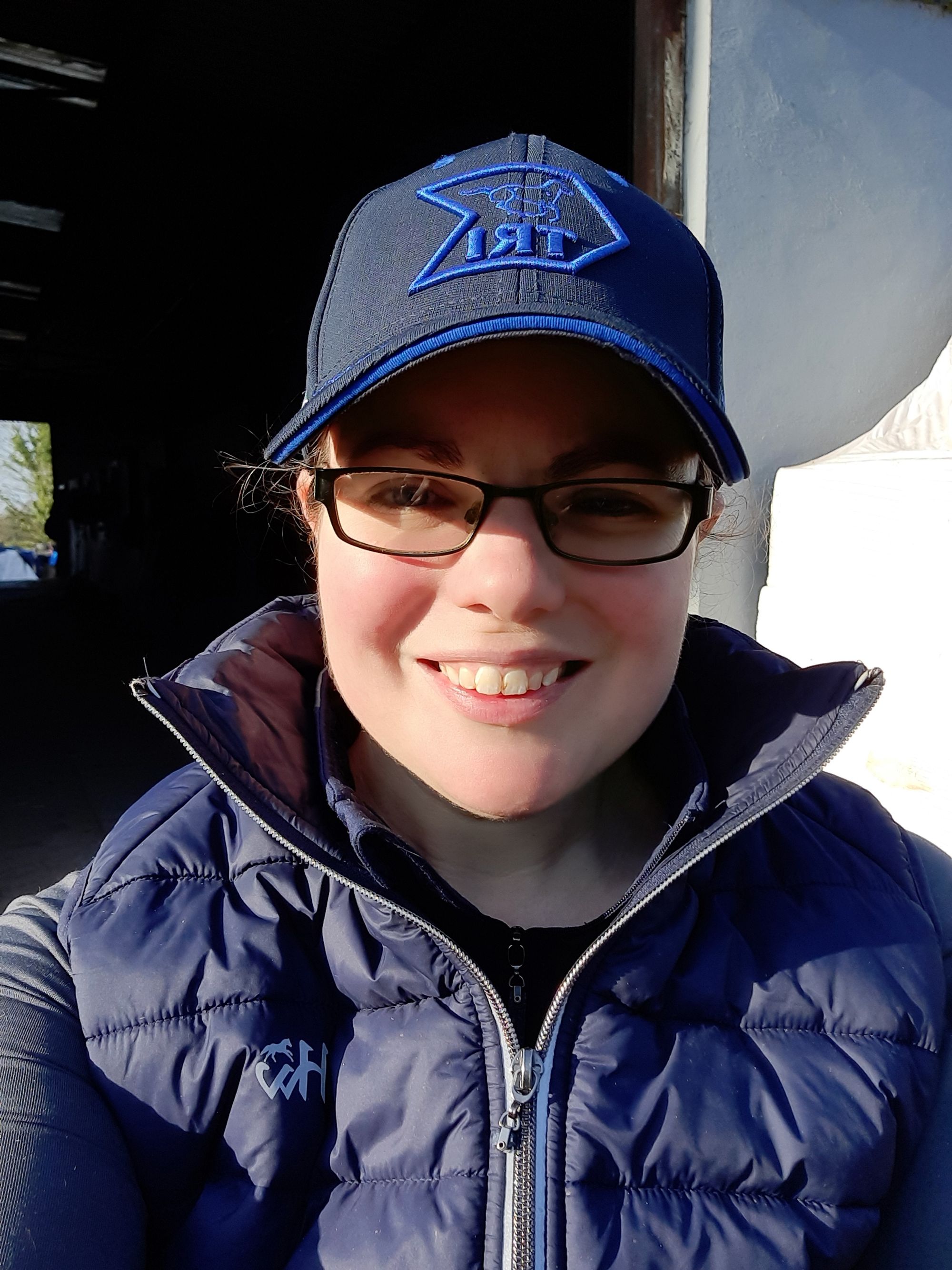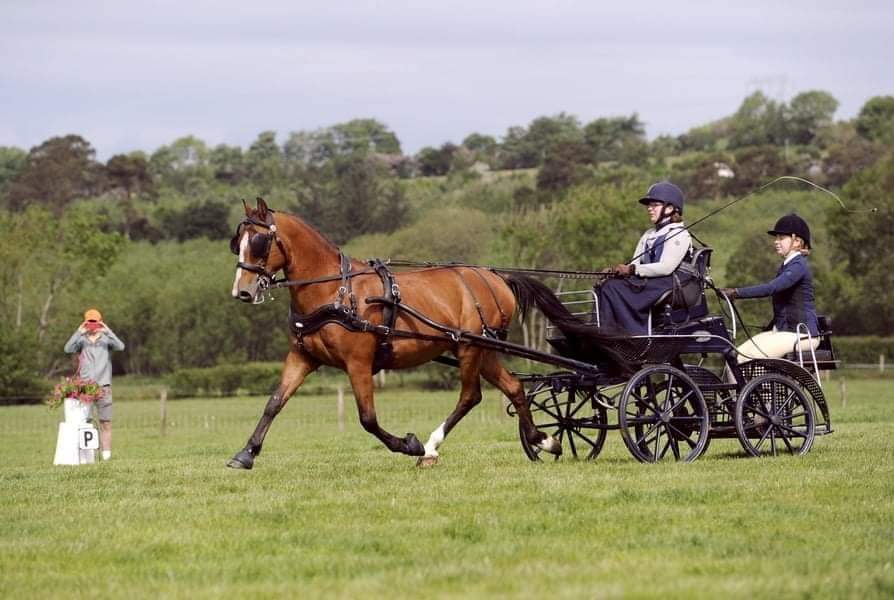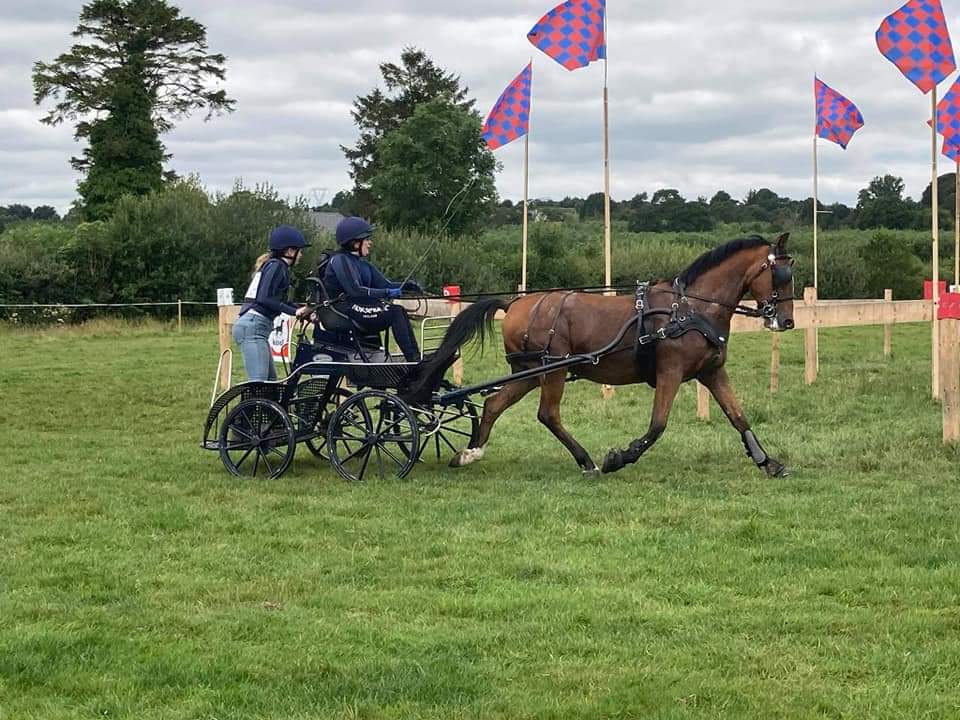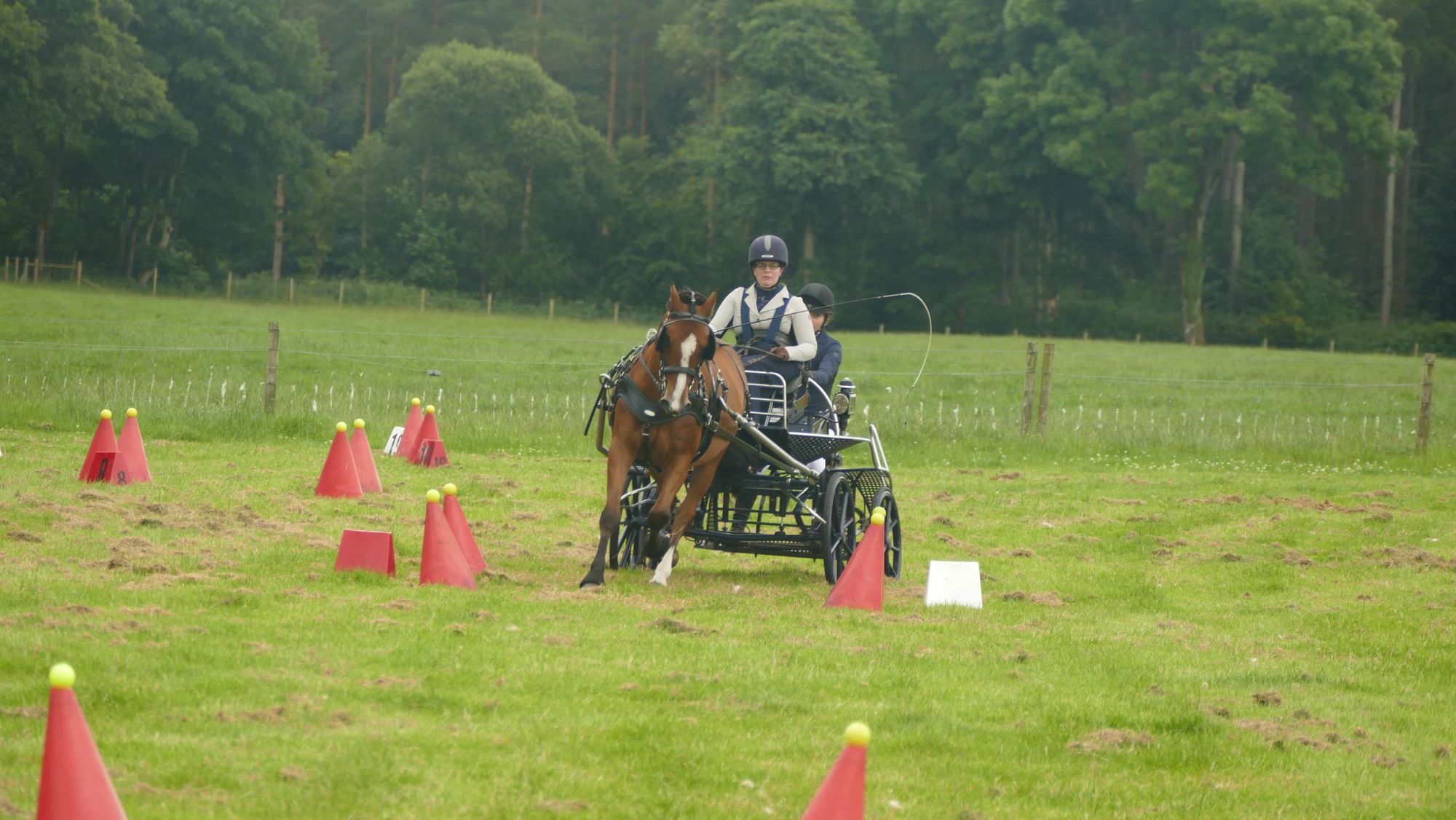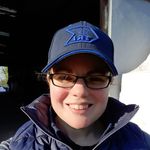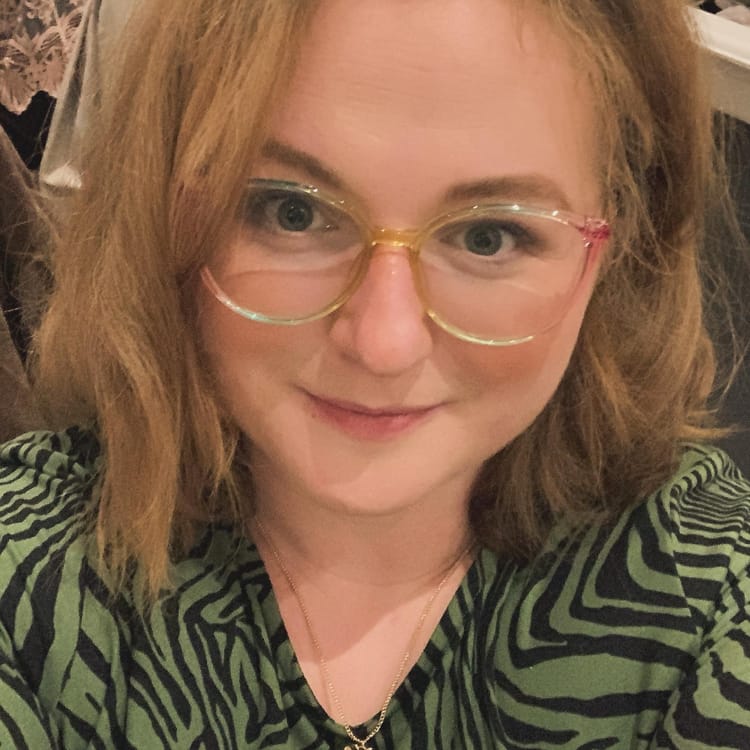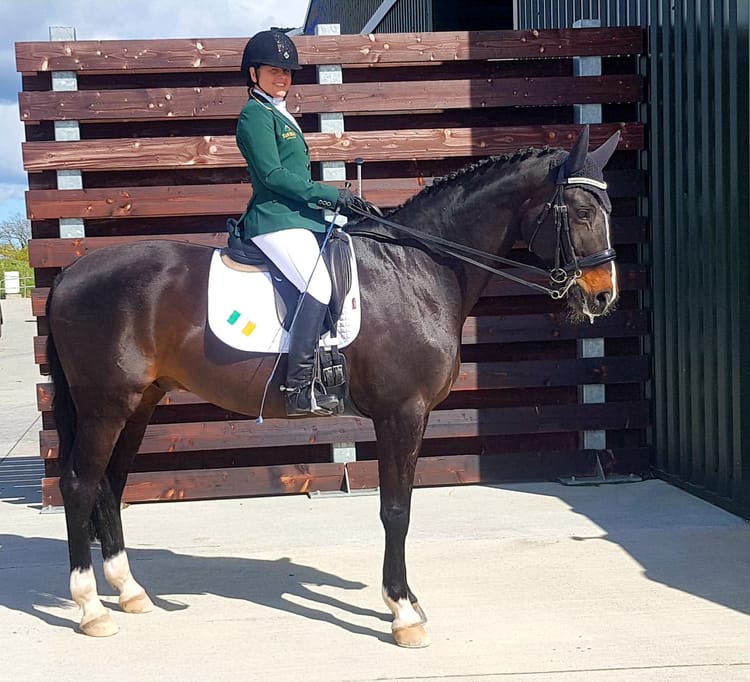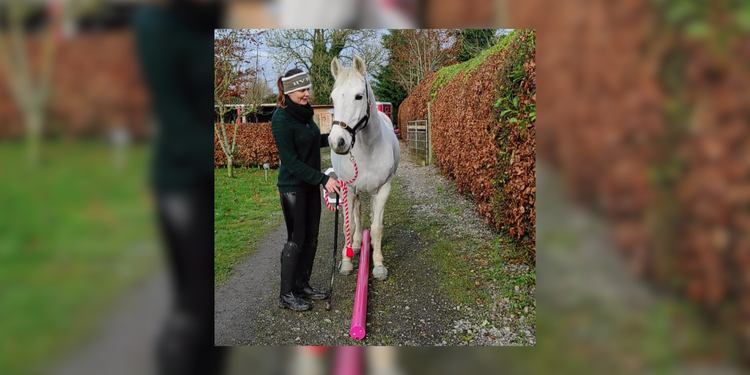There are always ways of getting things done!
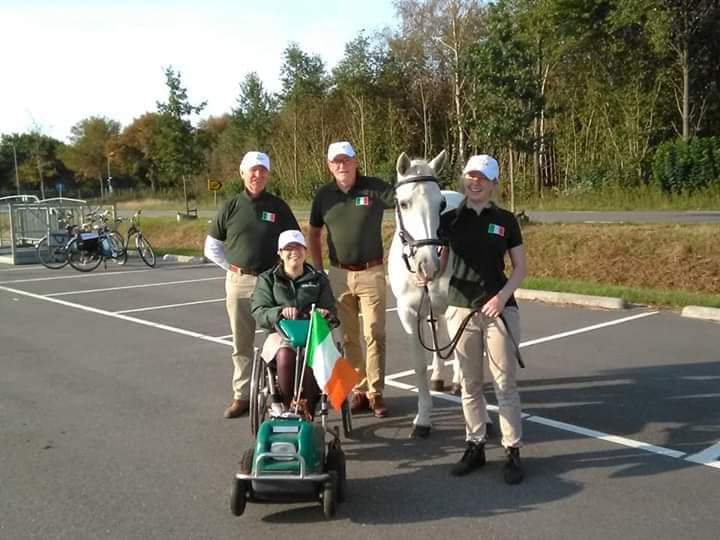
When I was 18, having just left school, I was injured in a riding accident where I fractured three vertebrae, leaving me with a complete spinal cord injury. I spent ten months in hospital, and then even more time adjusting to my new normal.
I had no idea what I wanted to do with my life and even less idea, although there was never a doubt that I wanted to, how I was going to keep horses as part of it. Twenty-two years later, I’ve represented Ireland at 6 FEI World Championships for Drivers with Disabilities, own two beautiful ponies, am doing a PhD with the equine medicine research group in UCD and am currently building the skills required to put myself out there as a mindset coach in the new year.
The struggles after my accident, my efforts to build a good life, one that includes horses and some of the people I have met along the way have taught me what I feel are some really useful lessons:
- There are always ways of getting things done. If there are any groups of innovative, resourceful people in the world, it’s horse people and disabled people. Whether it’s finding a way to carry too many feed buckets at once or mucking out into a cardboard box that you attach to your chair to drag out to the muck heap (yes, I’ve done that and no, the box doesn’t last very long but you do get a few runs out of it before you turn around to find a poo trail behind you!), there’s a lot that can be done with creativity and a willingness to give it a shot and see what happens.
- Don’t compare yourself to other people. I’m not talking about healthy comparisons, like taking inspiration from someone or comparing your results with a competitor you are using as a benchmark to measure your progress. Rather I mean those thoughts that butt in on you saying, “she rode her horse five times this week, but I only managed three” or “he’s just taken his pony to this place but we haven’t gone anywhere.” Instead, ask yourself these questions: Am I doing the best I can for my horse? Does he/she have a good life? Are we enjoying what we’re doing together? Those are the things that really matter when it comes down to it.
- Trust your instincts. Despite knowing nothing about driving trials and despite there not having been a competitive carriage driver in Ireland with the type of injury I have (and not knowing any of the phenomenal para drivers I have met since), I knew from the first time I drove that this would be what would give me back my freedom with horses. The advice I received after my accident about what I should do with my life was pretty limited so I decided to follow my own path. I’ve made a few changes along the way but none I regret and they’ve led me to where I feel I really belong. People may “know better” than you but only you know you properly so follow your gut and even if things don’t turn out exactly as you’d planned they’ll probably come closer than you think.
- Value the little things. After I had my accident, I was taken aback by the amount and variety of little things that I missed that I’d always taken for granted. It’s not always easy to, we’re often too busy just trying to get stuff done, but try to take the time to actively notice what you’re doing and appreciate it if it’s something you’d miss if you could never do it again.
- Surround yourself with people who encourage you to push beyond your limits and those who let you try and fail. I can’t overstate the importance of this; trial and error are a vital part not just of our learning process but of our growth. If we don’t try new things, even those things we don’t know that we’ll succeed at, we’d be stuck in one place (as individuals and as a species!) Even when things don’t go as planned, it helps to look at it as still providing you with valuable information to use next time or as practice for the time you will succeed.
- And finally, you can’t change the past but you can still change the future. This is the most important one I think and it requires getting to grips with everything above. I spent literally years after my accident just wishing I could go back and change what happened, and that did nothing to help me be happy or build a good life. It wasn’t until I started going out there and finding things that I found exciting and fun and fulfilling that I started to think less about the past, less about what I couldn’t do and less about what I’d lost. Those thoughts still exist but the more I practice the points above, the less often and less horribly they rear their ugly heads, and the quicker and easier it is to smooth over them with more positive thoughts and feelings.
None of this is easy, and I don’t know of anybody who has perfected it, certainly not me! But like anything, the more you practice, the easier it gets. There’s a saying in neurolinguistic programming that “the map is not the territory” which means that our maps of the world are not true representations of the world itself; they are heavily influenced by our emotions, previous experiences and even our thoughts, whether they are accurate or not!
This means though that we have a huge amount of power over what our maps look like and as a result how we perceive the world, and that’s a phenomenal tool to have in our minds which can help us see the world and our experiences in a more positive way.
